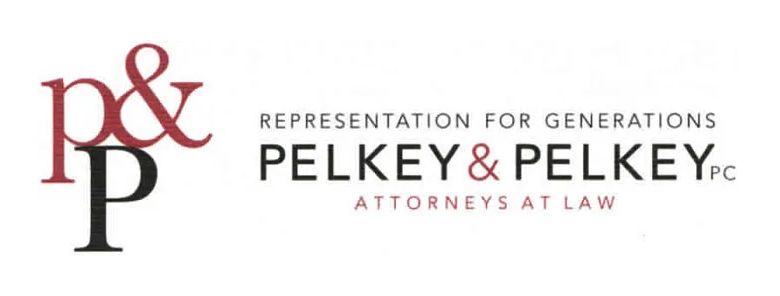What's the Difference Between a Power of Attorney & a Living Will?
Estate planners often make the mistake of focusing their efforts on what happens when the client passes on. Equally as important, is to plan for when the client is unable to make their own business legal, financial, and healthcare decisions. The two most common tools are the power of attorney and the healthcare proxy/living will.
What Is a Power of Attorney?
A power of attorney is a legal document whereby you will appoint someone to make important choices on your behalf. In NY, the agent you have appointed is capable of acting on your behalf until such time as you revoke the power of attorney or you pass away. A durable power of attorney survives your incapacity so that your agent can act when you no longer can due to a decline in your health or mental state. The power of attorney can be tailored to address your particular situation, but in most instances, the grantor allows the agent the full range of business, legal and financial affairs to the authority of the agent.
The agent is a fiduciary and held to the highest standard unto the law to handle all matters in a prudent manner. Indeed, the agent must similarly sign the power of attorney to acknowledge this responsibility.
What Is the Difference Between a Living Will and a Healthcare Proxy?
A living will is a written document of health care directives. It enables you to determine what end-of-life care you desire and what standards should be followed. Typically, the living will address those situations in which the principal has an irreversible terminal illness with death being imminent. As I try to explain, the living will is often for the protection of the family rather than the patient. In other words, the living will can often prevent the family from having to watch their loved one undergo needless pain and suffering without any potential benefit. However, others feel very strongly that where there is life there is hope and cannot bring themselves to allow the patient to pass before their time.
Many physicians in NY are now utilizing a MOLST-medical order for life-sustaining treatment, which is very similar to the living will.
A healthcare proxy, identifies the agent that you wish to appoint to make your healthcare decisions in the event you are unable to do so. Unlike a power of attorney, you can only appoint one agent at a time. However, it is a common practice to name an alternate agent in the event the primary agent is unavailable.
If you aren’t sure whether you would benefit from a power of attorney or living will, consult the team at Pelkey & Pelkey, P.C., in Rochester, NY. These professionals have the compassion and skills to help you determine the best allocation of assets and directives. Learn more about their services by visiting them online or calling (585) 544-3440.






